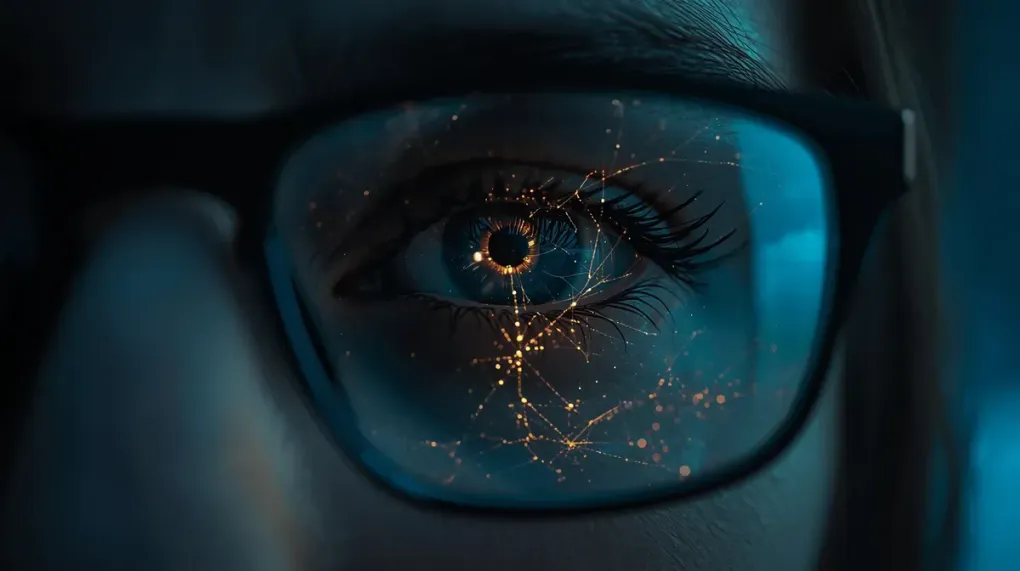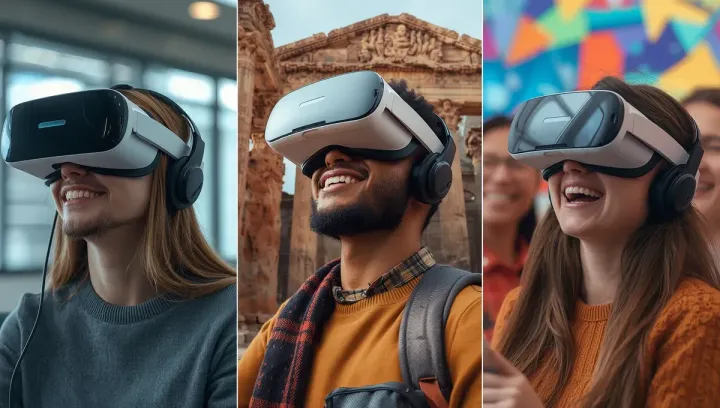
ChatGPT On Your Face? The Contradictory Tale of OpenAI's Smart Glasses
In the high-stakes world of tech, you learn to watch what companies do, not just what they say. And right now, OpenAI is sending some very mixed signals.
What They Say
Just a couple of months ago, CEO Sam Altman was asked by the press if he was wearing smart glasses. His response was blunt: “No, absolutely not, I don’t like smart glasses.” This was after OpenAI had already announced its foray into hardware, acquiring Jony Ive’s startup and partnering with his design studio, LoveFrom. At the time, the official word was that they were working on a screenless, pocket-sized device, and explicitly not glasses.
What They Do
Fast forward to this week. A report from The Information claims that OpenAI is not only poaching a significant number of hardware engineers from Apple but is also exploring “a whole line” of AI devices. On that list? A smart speaker, a wearable pin, and, you guessed it, smart glasses.
So, what gives?
The Hardware Imperative
It’s hard to believe this is just a casual change of heart. The more likely scenario is that OpenAI is feeling the immense pressure of the hardware race. An AI model, no matter how powerful, is ultimately constrained by the device it runs on. As Meta’s Michael Abrash recently pointed out, the future of AI is “contextual,” delivered through always-on sensors in devices like smart glasses. Companies that control the hardware—Meta, Google, and Apple—will have a massive advantage in this new paradigm.
They will own the firehose of real-world data from cameras and microphones, the very data needed to make AI truly useful in our daily lives. An AI that only lives in the cloud is an AI that’s perpetually one step removed from reality.
OpenAI’s initial plan for a simple, screenless device felt like a noble, minimalist approach, reminiscent of the Humane Ai Pin. But the market has shown that minimalism doesn’t always win. The rapid adoption of feature-rich smart glasses from Meta and others suggests the future of AI isn’t just a voice in your pocket; it’s an intelligent layer over your field of view.
Is Altman’s public dismissal of smart glasses a strategic misdirection, or is the company genuinely divided on its path forward? Either way, the reports of hardware exploration at this scale suggest OpenAI understands it can’t afford to be left behind. The race for the next great computing platform is on, and it looks like it might be worn on your face, whether Sam Altman likes it or not.


